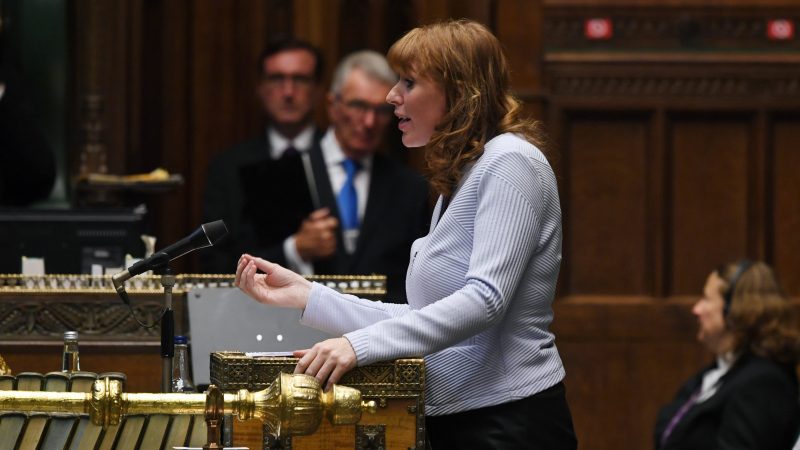
The International Day of Democracy took place earlier this week, described by the UN as “providing an opportunity to review the state of democracy in the world”. The UN also says: “Democracy is as much a process as a goal, and only with the full participation of and support by the international community, national governing bodies, civil society and individuals, can the ideal of democracy be made into a reality to be enjoyed by everyone, everywhere.”
Globally, it is undeniable that the participation of women continues to be lacking. Only 24.3% of all national parliamentarians were women as of February 2019. and there are 27 states in which women account for less than 10% of parliamentarians in single or lower houses, including three chambers with no women at all.
Here in the UK, men still hold more than 66% of the seats in parliament despite a record number of women having been elected in December. Whilst there is cause for celebration in that the Parliamentary Labour Party has now achieved gender parity in the Commons, the fact that we still have not had a female leader must surely be recognised as a failure.
It was interesting to see Boris Johnson forced to face a woman at Prime Minister’s Questions this week, for the first time in his premiership. In Angela Rayner, he faced a woman whose experiences and journey to parliament could not be more different to his own. Much is made of the fact that Angela was once a teenage mum, without qualifications, from a working-class background and that this makes her somewhat of an anomaly as an MP. But it would be better for our democracy if there was nothing remarkable about someone like Angela being an MP, and if all kinds of experiences were represented in the House of Commons. Maybe we would have seen a better response to the Covid crisis if those in charge had more experience of ordinary life to full back on in decision-making.
It is worth noting that Angela is one of only seven women who have represented the Labour Party at PMQs, the others being Harriet Harman, Margaret Beckett, Angela Eagle, Emily Thornberry, Rebecca Long-Bailey and Diane Abbott. Whilst the excellent job Angela did at the despatch box is no doubt being discussed across the country, I want to point out that she also brought something that has been missing from the political spotlight for some time: a focus on issues that primarily impact women, and with it the wisdom of her lived experiences.
A former care worker, Angela asked a floundering Boris Johnson if he knew what a care worker earned. When the Prime Minister could not answer her question, she was able to draw attention to ”the shameful fact the average wage in social care is barely more than £8 an hour.” The deputy leader pressed Johnson on when he would present his promised plan for reforming social care, saying he needed to “get some skates on it”.
She then raised the fact that guidance issued this week means birth partners will not be allowed to join pregnant women until “the moment of established labour”, highlighting the distress this will cause mothers and, tragically, those it will leave to face miscarriage alone. Those watching PMQs will have been in no doubt that this question was motivated by Angela’s empathy for those experiencing these circumstances and not political point-scoring.
These issues are important – and whilst of course they can be raised by men, the evidence is that often they are not. With the Conservatives, Labour, Liberal Democrats, SNP and DUP all led at Westminster by men, there is a real risk of such issues being sidelined. Indeed all of us are to some extent influenced by our own experiences, and that is why we need a diverse range of people among those who govern. As we celebrate Angela Rayner’s Commons contributions, we need to focus efforts on ensuring that diverse women’s voices are heard and represented in parliament – for the sake of our democracy.




More from LabourList
Sean Woodcock MP: ‘Recent events must not sound death-knell for welfare reform’
LGBT+ Labour: Trans activists launch candidate slate for committee election
Survey results: Which new Labour MPs are most popular with LabourList readers?